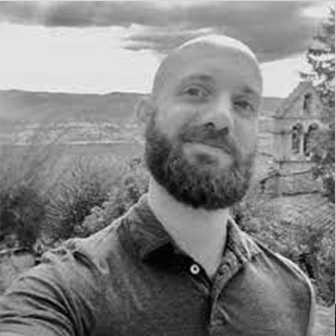Santorio Awardees
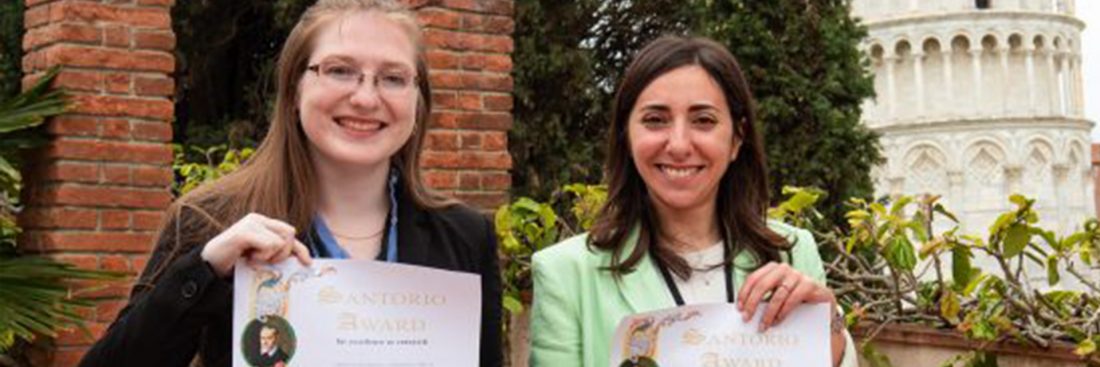

Santorio Award 2024
1st place
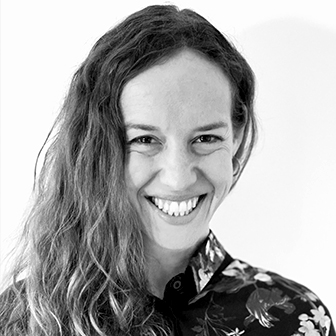
Tamar Nadav
The Cohn Institute for the History and Philosophy of Science and Ideas – Tel Aviv University
The Shaping of Psychosomatics in the Latin West
A Study of the Twelfth-Century Medical Discourse on the Body-Soul Nexus
Tamar Nadav is a medievalist focusing on the transmission of medical knowledge and its interaction with cultural, religious, and political dynamics. In 2021 she obtained a double doctoral degree from the University of Paris Cité and the University of Haifa and has held postdoctoral positions at Ben Gurion University, the Cohn Institute and the Morris E. Curiel Institute at Tel Aviv University. Since 2022, she has also been studying Hebrew translations of Latin medical works, particularly on the Italian Plagues.
2nd place
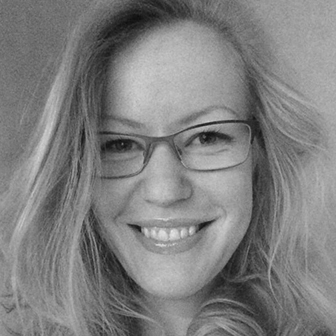
Marsha Wubbels
University of Exeter
Rules of Health
Diet, Exercise and Body Weight in Britain, c. 1670-1830
Marsha Wubbels is a historian of medicine and the body with a PhD in History from the University of Exeter (2023). Her research looks at how the human body was imagined, measured, and treated in the long eighteenth century. Marsha examines shifts in medical schools of thought and their effect on health advice and practices, using British and continental health literature from the seventeenth to the nineteenth century.
Santorio Award 2022
1st place

Meagan Allen
Indiana University Bloomington
Roger Bacon’s Medical Alchemy
Medieval Pharmacology and the Prolongatio Vitae
Meagan S. Allen is a historian of medieval science. Her research focuses on the intersection of alchemy and medicine, particularly on the writings of the Franciscan Roger Bacon (d.1292), and explores how Bacon envisioned utilizing alchemical theories and practices to create a panacea that could extend human life by several hundred years. She is the author of several works, including “Roger Bacon’s Medical Alchemy and the Multiplication of Species”, published in “The Philosophy and Science of Roger Bacon: Studies in Honour of Jeremiah Hackett.” (London, 2021). Allen completed her Ph.D. in 2021, and has held visiting fellowships at Oxford University and the Max Planck Institute for the History of Science. She is currently the Cain Postdoctoral Fellow at the Science History Institute in Philadelphia.
2nd place
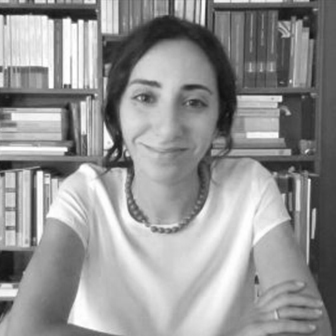
Amalia Cerrito
University of Florence – University of Pisa
Virtus Formativa
Albert the Great on the Dynamics of Configuration and Transmission of the Living
Amalia Cerrito has received her BA (2015) and MA (2017) degrees in Philosophy from the University of Pisa. In 2021, she held her PhD in Philosophy at the University of Pisa and the University of Florence, with a research project in History of Medieval Philosophy on the notion of virtus formativa in Albert the Great. She has published on the interaction between natural philosophy and biblical exegesis in Albert the Great, and on his techniques of commentary in the De vegetabilibus. Her recent publications are devoted to the theoretical background of Albert’s natural philosophy, and to the influence of Neoplatonism on Albert’s zoology, botany, and embryology. Since 2018 she is a member of S.I.S.P. M. (Società Italiana per lo Studio del Pensiero Medievale), and a subject matter expert in the History of Medieval Philosophy at the University of Pisa.
Santorio Award 2020
1st place
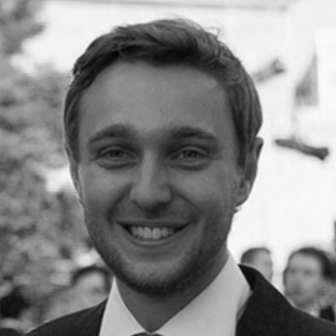
Sebestien Kroupa
University of Cambridge
Georg Joseph Kamel (1661–1706)
A Jesuit Pharmacist at the Frontiers of Colonial Empires
Sebastien Kroupa is a historian of early modern science and medicine interested in cross-cultural histories of science and medicine, global circulations of knowledge and objects, early modern natural history, and Jesuit knowledge-making. In addition to serving as lead editor on a special issue of The British Journal for the History of Science on ‘Science and Islands in Indo-Pacific Worlds’. Dr. Kroupa’s academic articles have appeared in journals such as the International History Review, Centaurus, and Evolutionary Anthropology. He is currently a Postdoctoral Research Fellow with the Wellcome Trust project ‘Renaissance Skin at King’s College, London.
2nd place
